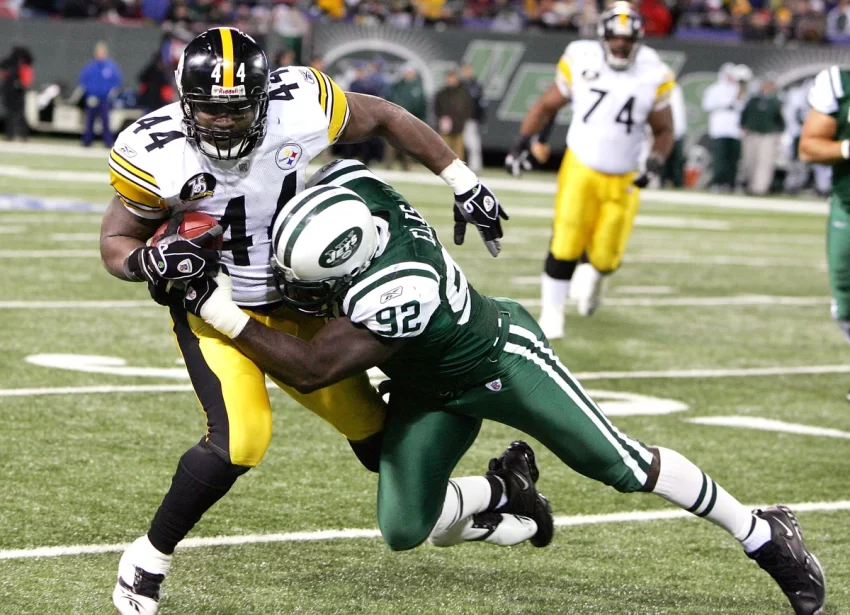In recent years, the National Football League (NFL) has undergone a remarkable transformation in its approach to issues of race and equality. From a history marred by instances of blackballing and racial disparities, the league has made strides towards fostering a more inclusive and equitable environment. This evolution reflects a broader societal shift and highlights the power of sports to drive positive change.
Blackballing in the NFL:
Historically, the NFL has faced criticism for its treatment of minority players, particularly African Americans. From the league’s inception, systemic biases were evident in various aspects, including recruitment, team management, and even player protests for racial justice. Blackballing, or the exclusion of players based on race, was a dark reality that many talented athletes had to contend with.
Breakthrough Moments:
The turning point for the NFL came with watershed moments that forced the league to confront its shortcomings and work towards reform. One such moment was the peaceful protests initiated by former San Francisco 49ers quarterback Colin Kaepernick. His decision to take a knee during the national anthem to protest racial injustice and police brutality sparked a nationwide conversation about race within the league.
Although Kaepernick faced backlash and found himself without a team willing to sign him, his protest ignited a broader movement. Players, coaches, and even team owners started engaging in conversations about systemic racism, inequality, and the need for change. This period of self-reflection laid the groundwork for the NFL’s commitment to addressing racial disparities within the league.
Institutional Changes:
The NFL took concrete steps to address racial inequalities by implementing institutional changes. One significant move was the creation of the Inspire Change initiative, a platform designed to support programs that address systemic racism, criminal justice reform, and education and economic advancement in minority communities. Moreover, the commitment to change is reflected even in the accessibility of the game, with initiatives like variable pricing ensuring that the Ravens ticket cost remains affordable for a diverse fan base, encouraging a more inclusive atmosphere at every game..
Moreover, the implementation of the Rooney Rule aimed to increase diversity in coaching and executive positions within the NFL. This rule requires teams to interview at least one minority candidate for head coaching and senior football operation jobs. While the effectiveness of the Rooney Rule has been debated, its existence reflects the league’s commitment to fostering diversity and equal opportunities.
Empowering Athletes:
The NFL’s evolution on race and equality is also evident in its efforts to empower athletes to speak out on social issues. The league has provided a platform for players to use their voices and influence to advocate for positive change. This shift represents a departure from the era of blackballing, where players may have felt compelled to remain silent on issues of race for fear of retribution.
Conclusion:
From a history tarnished by blackballing to a present marked by breakthroughs, the NFL’s evolution on race and equality is a testament to the power of collective action and the impact of athletes using their platforms for social change. While challenges persist, the league’s commitment to addressing racial disparities and fostering an inclusive environment signifies a positive shift and serves as an example for other institutions to follow suit. As the NFL continues to evolve, its journey from blackballing to breakthrough offers hope for a more equitable future within the league and beyond.







